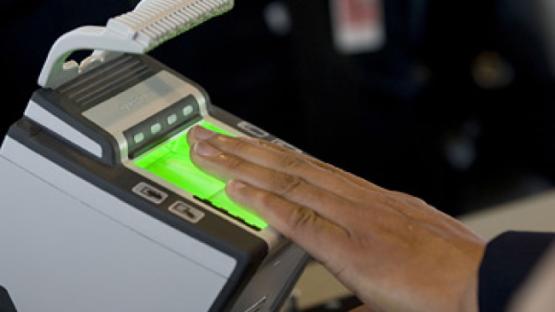Open Letter To The European Parliament On Biometric Passports

For the attention of Members and staff of the European Parliament,
I am writing to you on behalf of Privacy International, a London-based human rights group, to call on you to stop the implementation of biometric travel documents.
We at PI have been monitoring the biometric passport developments for three years. Most recently we organized an open letter to the International Civil Aviation Organization (ICAO) calling for clarification and modification to the plans for the biometric passport standard.[1] Since 1990, PI has conducted campaigns and research throughout the world on issues relating to surveillance, censorship, and other infringements upon civil liberties.
We are concerned with strategy employed here by governments. They are using the EU to 'launder' this policy so as to minimize debate and deliberation. They justify these systems by claiming 'international obligations' and efforts at 'harmonization', while such obligations do not exist and the harmonizing measures are not necessary.
We need to send a strong signal to Member States who are seeking to establish mass surveillance systems with limited political accountability. We therefore believe that it is the responsibility of the the European Parliament's Committee on Civil Liberties, Justice and Home Affairs (LIBE) to reject these policies.
To state the facts:
- The ICAO standard for biometric passports does not require any form of biometric. Rather it promotes the digital storage of a facial image on the document.
- There are no requirements for fingerprints or iris-scans to be involved in the ICAO-standard passport.
- There are no requirements for a central passport register. In fact, the ICAO is silent on central registers altogether.
- Even the U.S. is not considering fingerprints in its biometric passports.
- European privacy experts continue to warn against the widespread adoption of biometrics, and particularly the use of biometrics with secondary-surveillance uses and with centralised databases.
- The use of biometrics for secondary purposes has led to significant travesties of justice, including most recently the Brandon Mayfield case who was detained for two weeks in association with the Madrid Bombings based on a fingerprint 'match', despite his innocence.[2]
- There are many other ways of 'securing' travel documents without establishing a global infrastructure for surveillance.
It is appalling that governments are seeking to transform travel documents into the enabler of the largest system of surveillance known to date. Even the U.S. does not have the audacity to fingerprint their citizens under the US-VISIT programme; yet the EU is planning on fingerprinting all 450 million citizens and all visitors as well.
By rejecting this policy the European Parliament's Committee on Civil Liberties, Justice and Home Affairs (LIBE) will signal the importance of stopping this 'race to the bottom' to the detriment of civil liberties and human dignity.
Sincerely,
Dr Gus Hosein
Senior Fellow
Privacy International
[1] 'An Open Letter to the ICAO', written by Privacy International and signed by 40 organizations from around the world. Available here.
[2] The enhanced US border surveillance system: an assessment of the implications of US-VISIT. Available here.